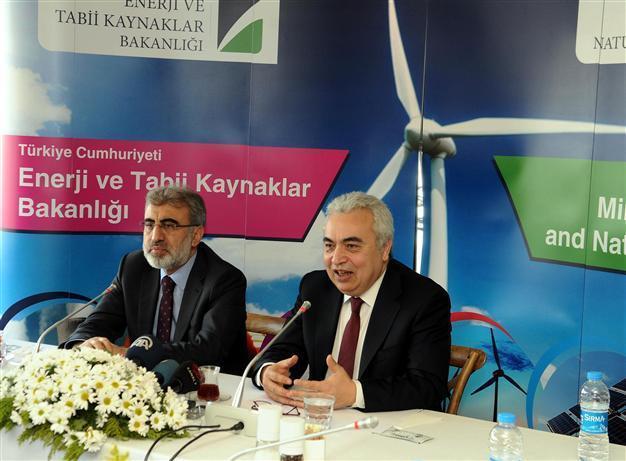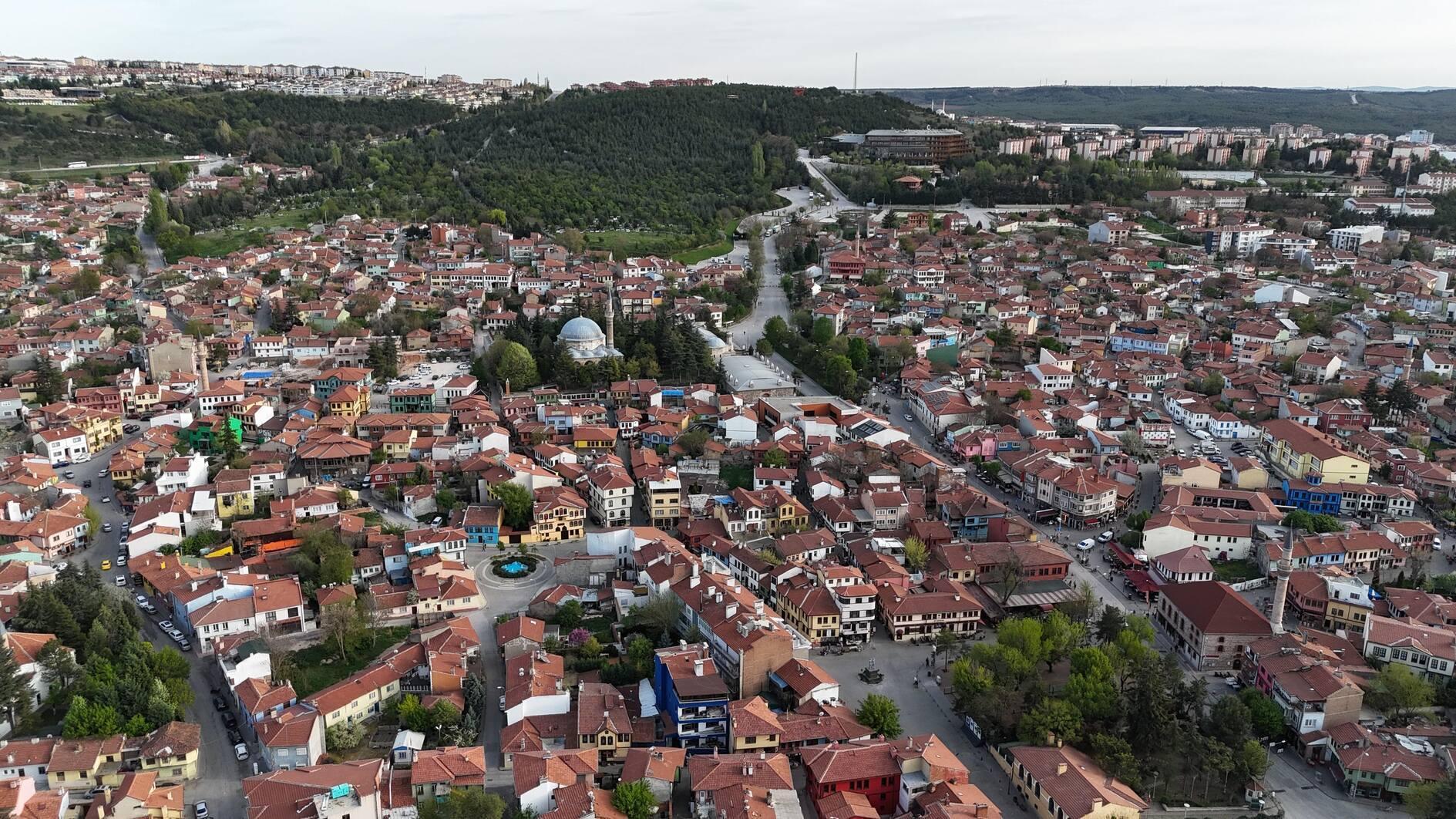Nuclear energy ‘a must’ for Turkey: IEA chief economist
DOHA - Anadolu Agency

DHA Photo
Nuclear energy is a must for Turkey, especially as its energy demand is growing more than any other European country, the International Energy Agency’s chief economist, Fatih Birol, told Anadolu Agency in Doha.“Nuclear energy is one of the rare zero-carbon emission energy forms and it is an indispensable option for Turkey, considering its regional and global gravity,” Birol said. “It is a must for Turkey.”
At the moment, Turkey relies heavily on expensive natural gas exports from Russia and Iran for its domestic electricity production. The country has striven to decrease this dependence by increasing its renewable energy resources and plans to construct at least three nuclear power plants.
Birol highlighted the importance of renewable energy resources along with nuclear plants to meet the domestic demand.
“Turkey faces the most rapid increase in energy demand among European countries, so we must utilize not only renewable energy but also nuclear energy. We must use all these and consider their cost burden on the economy,” he said.
Turkey’s energy demand has been increasing daily because of its industrial growth, rising population and the general economic boost in the country.
Turkey’s energy sector has been investing heavily to meet the demand. Turkey has already doubled its installed capacity since 2001, and in 2014 alone the country consumed more than 255 billion kilowatt hours of electricity, while the installed capacity was more than 70,000 megawatts.
The construction of Turkey’s first nuclear power plant, Akkuyu NPP, located on the Mediterranean coast of the country, is expected to begin in 2016. Russia’s Rosatom will finance, build and run the $22 billion plant, which will have a life cycle of 60 years.
For a second nuclear plant project in northern Turkey, the country will cooperate with Japan and France. Construction is scheduled to start in 2017 and the plant will produce 40 billion kilowatt-hours of electricity every year with its four reactors.
















